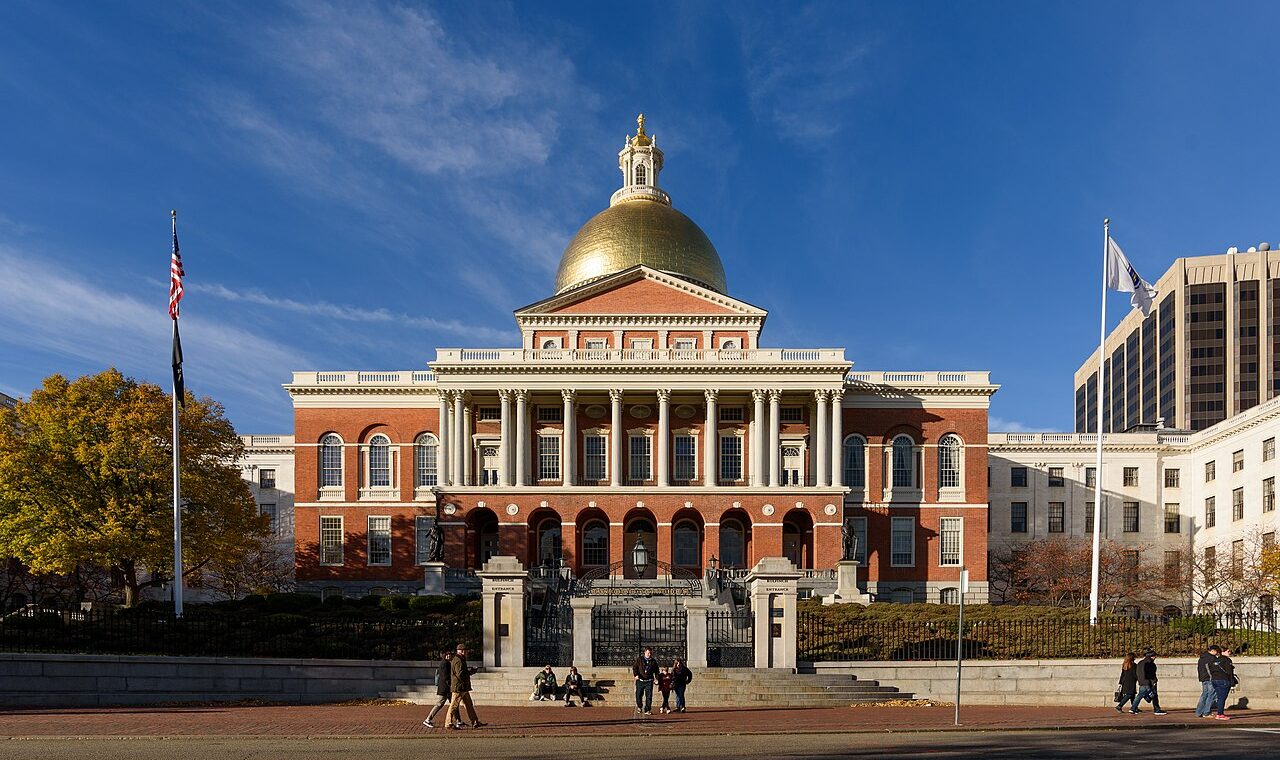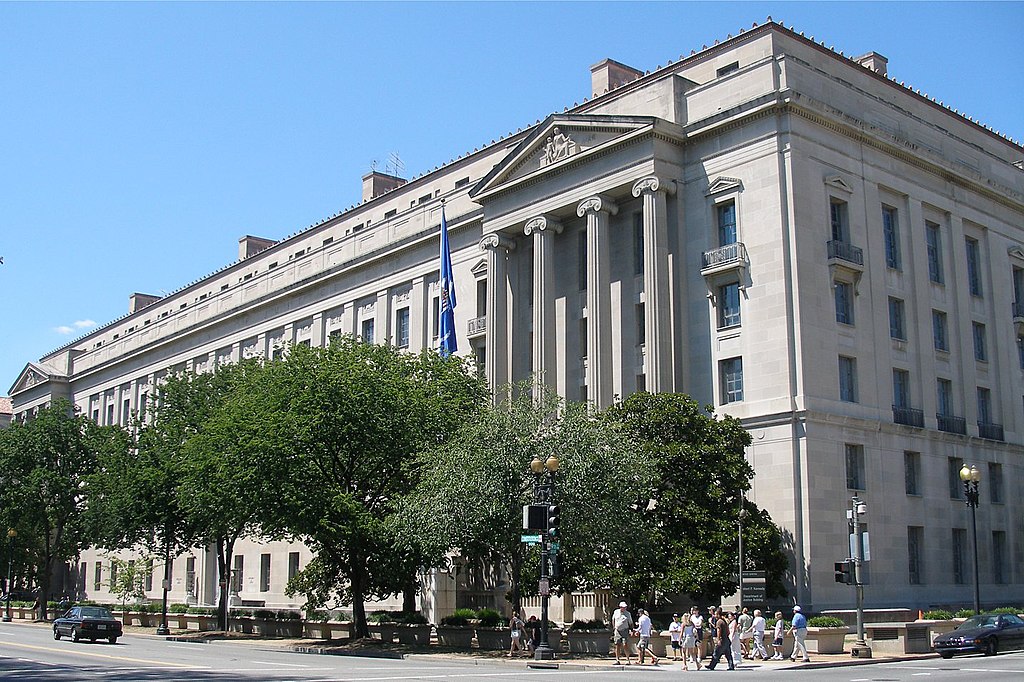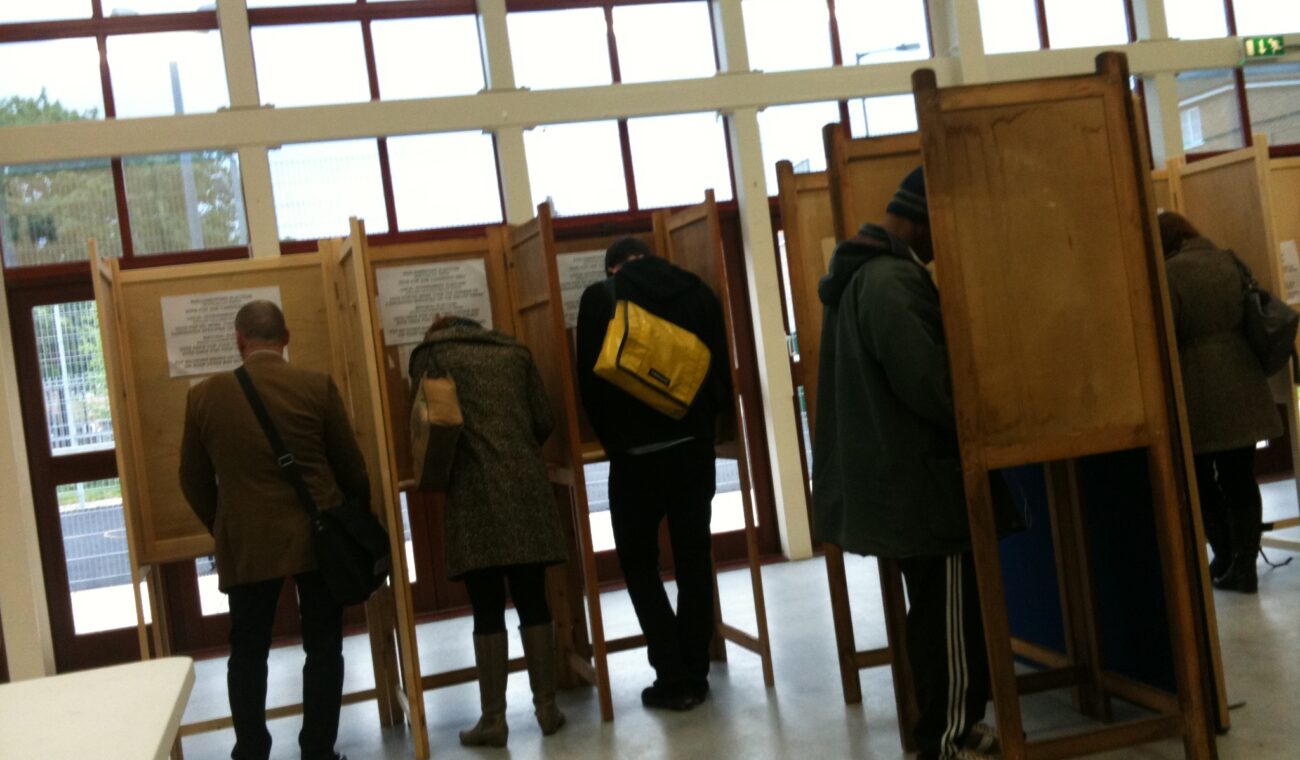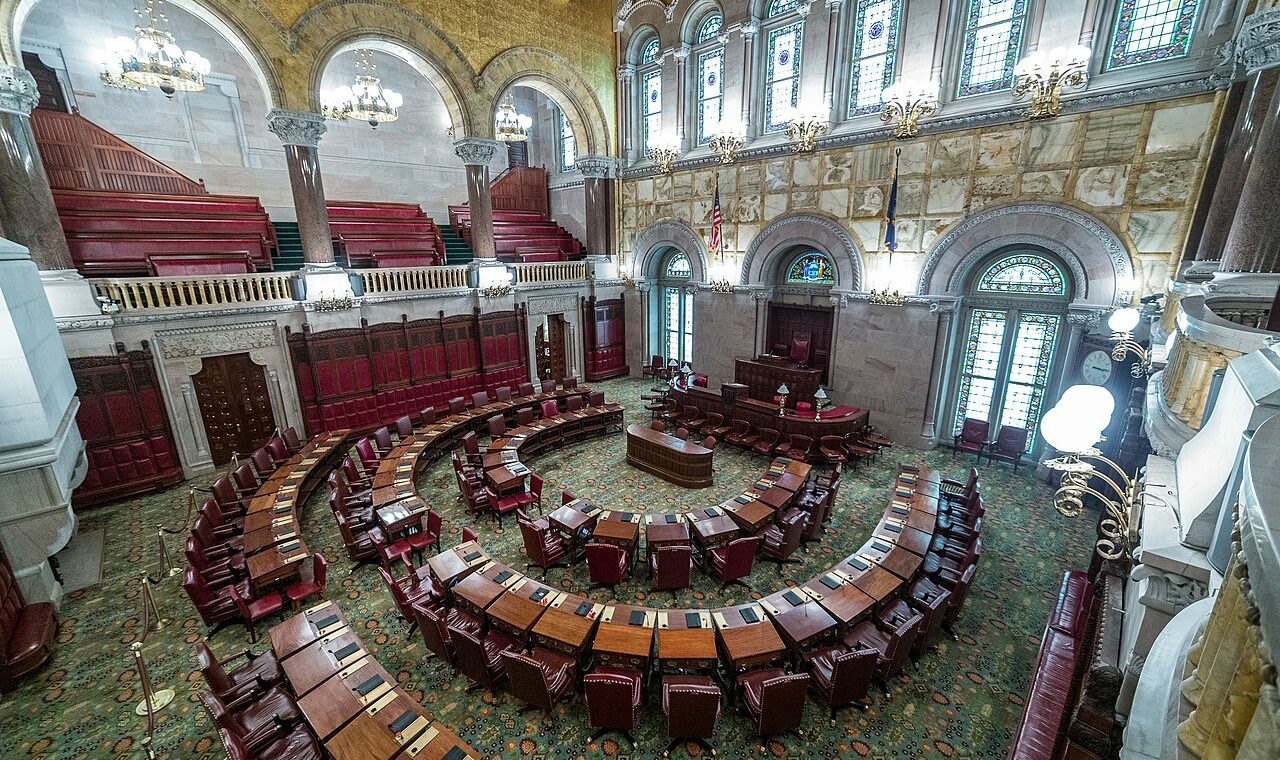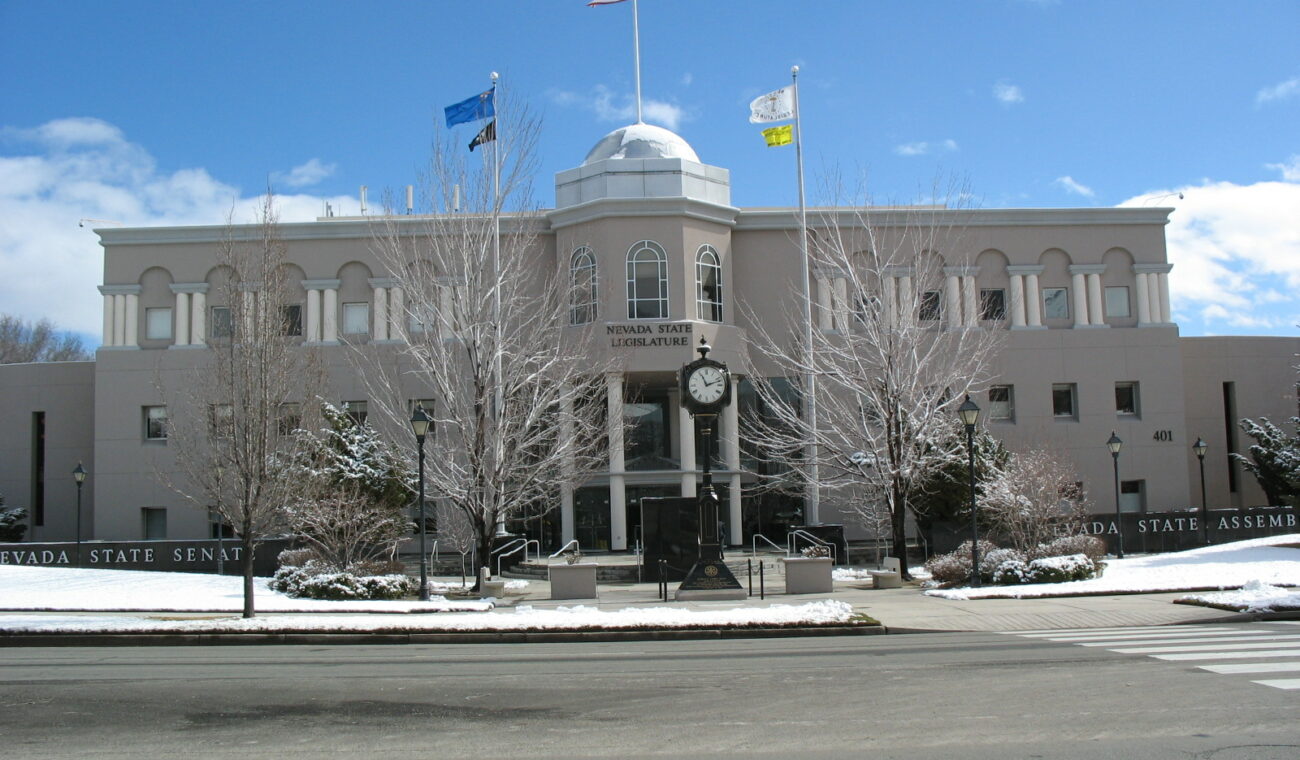Massachusetts Senate approves compromise voting rights bill
The Massachusetts State Senate has approved a voting rights bill that would expand early voting opportunities and access to mail-in ballots, but would not allow for voters to register on election day. The bill is a compromise of pieces of legislation that were previously considered by Massachusetts legislators. Some critics have voiced doubts about the bill’s constitutionality. The bill will be considered next by the Massachusetts House of Representatives and then Governor Charlie Baker. Visit Boston.com to learn moreImage Credit: King of Hearts(CC BY-SA 4.0)
Supreme Court paves way for DOJ to subpoena Texas lawmakers in Voting Rights Act challenge to redistricting maps
The US Supreme Court has rejected a request to vacate subpoenas of three Texas state legislators. By allowing the subpoenas to stand, the nations’ highest court has eased the path for the US Department of Justice to prosecute its case that Texas lawmakers violated Title 2 of the Voting Rights Act and illegally disadvantaged voters of color when they redrew the state’s election maps. Visit CNN to learn moreImage Credit: Coolcaesar(CC BY-SA 3.0)
‘It’s going to be an army’: Tapes reveal GOP plan to contest elections
Several tapes obtained by journalists reveal an unprecedented strategy by Republican operatives to install politically-motivated voters as poll workers throughout the country. “Being a poll worker, you just have so many more rights and things you can do to stop something than [as] a poll challenger,” an RNC election integrity official for Michigan was recorded saying. This so-called “precinct strategy,” involves setting up communication lines so partisan poll workers may communicate directly with sympathetic local lawyers over the internet as votes are being cast.
New York on brink of major voting rights act
An ambitious voting rights bill has passed the New York State Senate by a party-line vote (Democrats control both chambers of the legislature). It is expected to pass the State Assembly and Democratic Governor Hochul has said she will sign it. The bill requires regions of the state with a history of discriminatory voting policies to submit any new election laws to the State Attorney General for “pre-clearance.” It also strengthens protections and services for non-English speaking voters and increases penalties for voter misinformation,
Implementation of ranked-choice voting in Nevada would cost more than $3 million
A statewide campaign to implement a ranked choice voting system in Nevada by 2026 hit a potential snag after the Legislative Counsel Bureau released a report estimating that the change could cost the state as much as 3.2 million dollars. While major figures in Nevada politics - including the state’s sitting governor and US senators - oppose the measure, the campaign has already achieved more than enough signatures to appear on Nevada ballots in the 2022 midterms. Visit The Nevada Independent to learn moreImage Credit: teofilo(CC

